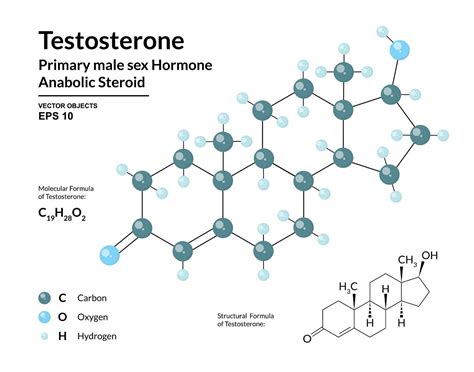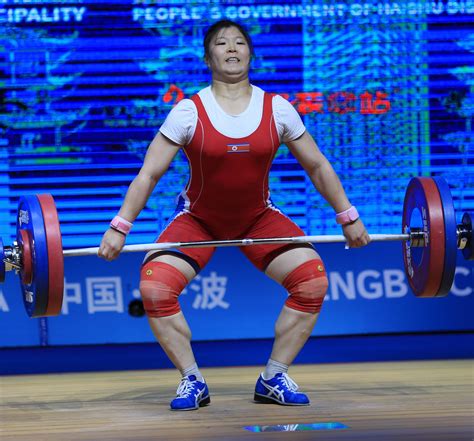How can men naturally optimize testosterone for peak drive & vitality?

Testosterone, often hailed as the cornerstone of male vitality, plays a pivotal role far beyond just sex drive. It influences muscle mass, bone density, mood, energy levels, cognitive function, and overall well-being. While synthetic solutions exist, many men seek natural, sustainable ways to optimize their testosterone levels for peak drive and vitality. The good news is that a holistic approach focusing on lifestyle modifications can significantly impact your hormonal health.
Understanding Testosterone’s Role
Testosterone is a crucial androgen responsible for developing male characteristics and maintaining many bodily functions. Optimal levels contribute to a sharper mind, greater physical endurance, enhanced mood stability, and a robust libido. Conversely, declining levels can lead to fatigue, reduced muscle mass, increased body fat, mood swings, and decreased sex drive.

Nutrition: Fueling Your Hormones
What you eat directly impacts your body’s ability to produce hormones. A well-balanced diet is fundamental for testosterone optimization.
Prioritize Healthy Fats
Cholesterol is a precursor to testosterone. Don’t fear healthy fats; embrace them! Include sources like avocados, nuts, seeds, olive oil, and fatty fish (salmon, mackerel) in your diet. Saturated fats from sources like red meat in moderation also play a role.
Adequate Protein Intake
Protein is essential for muscle building and repair, indirectly supporting testosterone production. Aim for high-quality protein sources like lean meats, poultry, eggs, dairy, and legumes.
Crucial Micronutrients
- Vitamin D: Often called the “sunshine vitamin,” Vitamin D is a powerful steroid hormone precursor. Spend time in the sun or consider a supplement, especially if you live in northern latitudes.
- Zinc: This mineral is vital for testosterone production. Oysters are famously rich in zinc, but you can also find it in beef, pumpkin seeds, and lentils.
- Magnesium: Involved in over 300 biochemical reactions, magnesium helps improve free and total testosterone levels. Spinach, almonds, and dark chocolate are great sources.
Foods to Limit or Avoid
Minimize processed foods, excessive sugar, and refined carbohydrates, which can lead to insulin resistance and negatively impact hormone balance. Excessive alcohol consumption is also known to lower testosterone.

Exercise: Move Your Way to Better Hormones
Physical activity, especially certain types, is a powerful natural testosterone booster.
Strength Training is Key
Compound exercises that work multiple muscle groups simultaneously (e.g., squats, deadlifts, bench presses, rows) are particularly effective. Aim for 3-4 sessions per week with adequate recovery.
High-Intensity Interval Training (HIIT)
Short bursts of intense exercise followed by brief recovery periods can also stimulate testosterone production and improve overall metabolic health.
Avoid Overtraining
While exercise is beneficial, excessive or prolonged cardio without adequate rest can elevate cortisol (a stress hormone) and potentially lower testosterone. Listen to your body and prioritize recovery.

Sleep: The Unsung Hero of Hormonal Health
In our fast-paced world, quality sleep is often neglected, yet it’s absolutely crucial for hormone synthesis, including testosterone.
Aim for 7-9 hours of high-quality, uninterrupted sleep per night. Testosterone production primarily occurs during deep sleep cycles. Poor sleep hygiene, late-night screen time, and inconsistent sleep schedules can severely disrupt this process, leading to lower levels.
Stress Management: Taming Cortisol
Chronic stress is a testosterone killer. When you’re stressed, your body releases cortisol, a hormone that competes with testosterone for receptors and can actively suppress its production.
Incorporate stress-reducing practices into your daily routine: meditation, deep breathing exercises, yoga, spending time in nature, or engaging in hobbies you enjoy. Prioritizing mental well-being is a direct investment in your hormonal health.

Lifestyle Habits for Optimal Testosterone
- Maintain a Healthy Weight: Excess body fat, particularly around the abdomen, can convert testosterone into estrogen (via the enzyme aromatase). Losing weight can significantly improve testosterone levels.
- Limit Alcohol & Environmental Toxins: Excessive alcohol intake can directly impair testosterone production. Furthermore, exposure to endocrine-disrupting chemicals found in plastics, pesticides, and personal care products can also negatively impact hormonal balance. Choose organic where possible and reduce plastic use.
- Consider Natural Supplements (with caution): While lifestyle is primary, certain supplements like ashwagandha, fenugreek, and D-aspartic acid have shown promise in some studies. Always consult with a healthcare professional before starting any new supplement regimen.
Conclusion: A Holistic Path to Vitality
Optimizing testosterone naturally is not a quick fix but a sustainable journey. By making conscious choices in your diet, exercise routine, sleep habits, and stress management, you can create an environment where your body naturally thrives and produces optimal testosterone levels. Embracing these natural strategies empowers men to unlock peak drive, enhance vitality, and enjoy a higher quality of life, naturally.










